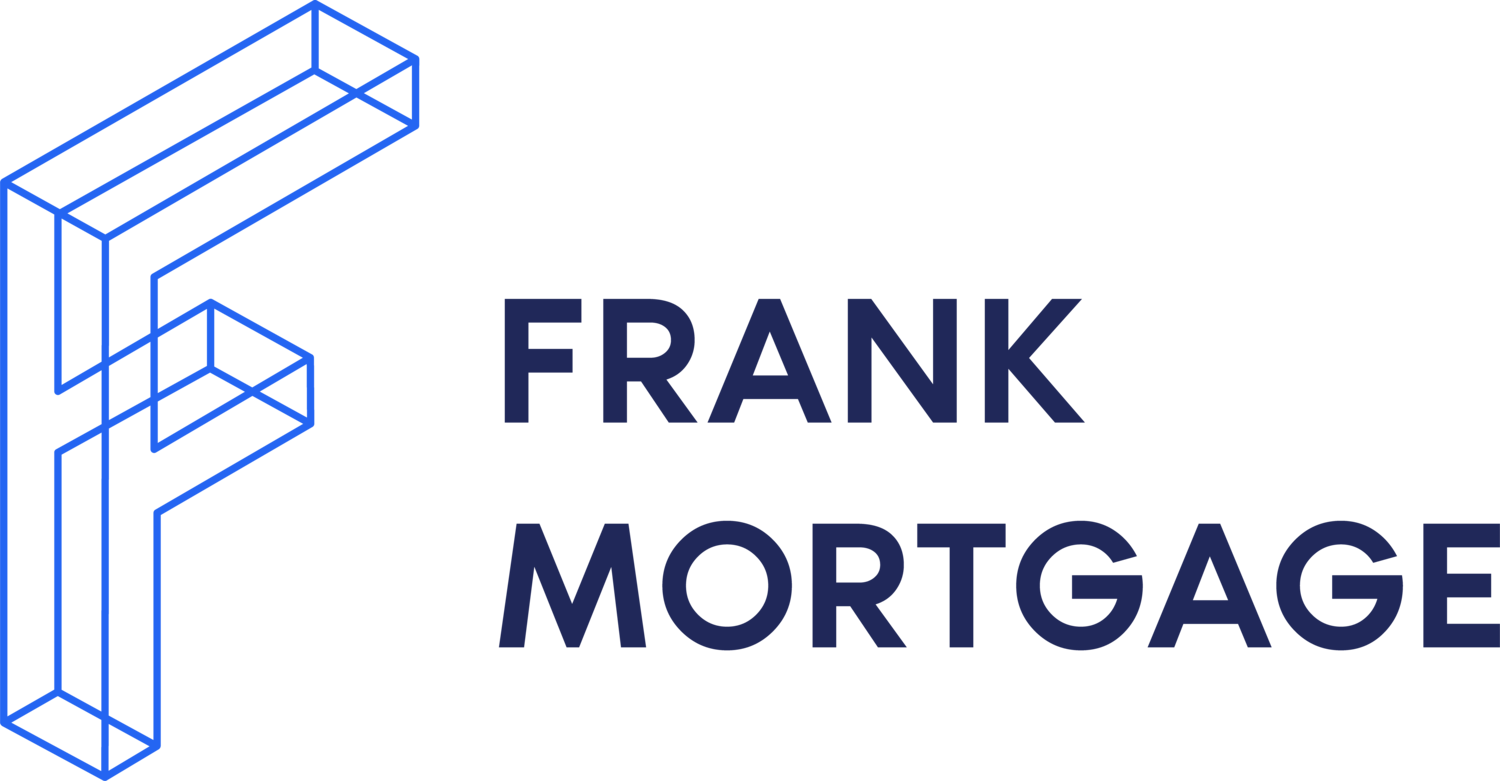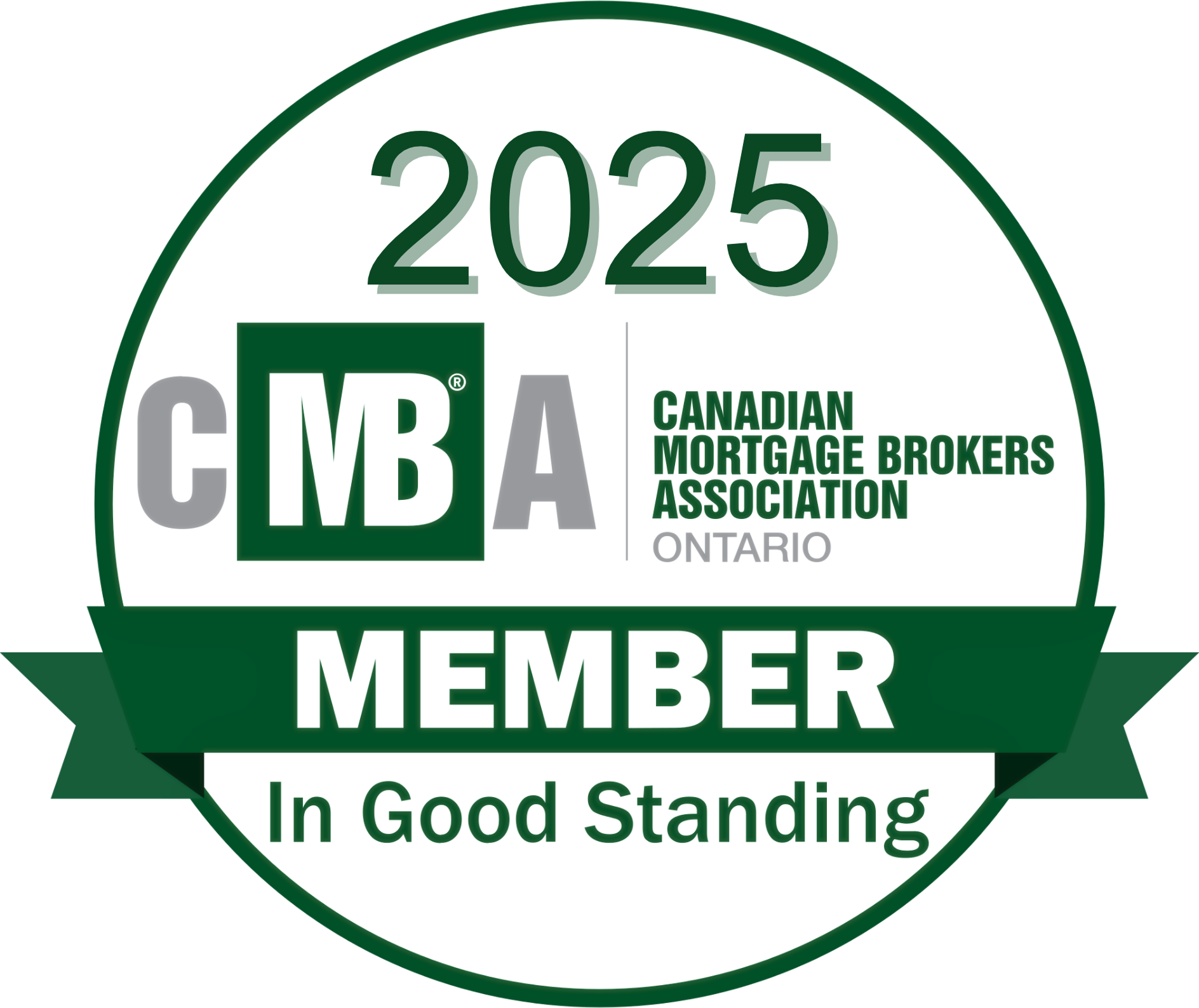Building Your Credit in Canada
A Fresh Start Towards Financial Independence

Whether you are a newcomer, a student, or someone just stepping into the world of credit, navigating the Canadian credit landscape can be a challenge. At Frank Mortgage, we understand that having no credit history can make things like getting a mortgage, credit card, signing a lease, or securing a car loan a bit more complicated. But fear not – building your credit is not as complicated as it may sound, and we are here to guide you through it.
There are a number of ways to start building your own personal credit score:
1. Start by Opening a Bank Account:
It all begins with a bank account. While it may not directly impact your credit, many banks share information with Canada's credit bureaus when you open an account. It is the first step towards building a financial footprint.
2. Turn Rent Payments into Credit History:
Your rent payments can be a secret weapon in building credit without taking on debt. Ask your landlord to report your timely rent payments to the credit bureaus. It's a win-win – you have a roof over your head, and your credit history grows.
3. Make Your Smartphone Work for You:
Getting a cellphone plan can be more than just staying connected. Cell phone providers often report your payment history to the credit bureaus. Paying your bills on time will accumulate some positive marks to your credit history.
Even if the cell phone provider does not report to the credit bureaus, being able to show a positive history of making cell phone payments (and other utilities) can help you secure credit in the future.
4. Get a Credit Card:
There are a couple of ways to do this when you are just starting out.
- Get a student credit card – many banks offer cards designed specifically for students. These cards often start with low credit limits but are a great way to start to build personal credit discipline and your credit history. Set up text or email alerts to remind yourself when payments are due and always make your payments on time;
- Get a secured credit card – if you are not eligible for a regular credit card or a student credit card you can get a secured credit card to make purchases. It is a safe and effective way to dip your toes into the world of credit while having control over your spending. The amount you deposit on the card is the initial limit for the card and your history of using the card and making payments on the card are reported to the credit bureaus. It is low risk and a great way to start to build personal financial discipline and a credit history.
5. Minimize Your Credit Balances and Always Make Payments on Time:
Using your credit card wisely is key. Stick to essentials like groceries and utilities and never miss making payments. Two key things in managing your credit card are:
- The balance you keep on your credit card affects your credit score. The higher the balance, the lower the score. Aim to keep your balance below 35% of your credit limit to maximize your credit score.
- Making payments on time is essential. Paying down the card entirely each month is best but paying at least the monthly minimum payment amount on time is an absolute must.
There is no point in starting to build a credit score if you do not manage your affairs so that the score you build is a good score.
Additional Things to Consider:
Always remember that missed payments on your credit card or cell phone or any utilities you are responsible for will hurt your credit score. Defaulted payments on any of these obligations can remain on your credit bureau report for as long as seven years. You can set up automated reminders to help you manage.
Once you get started you may be curious about your progress. Check your Equifax or TransUnion credit report and score for free to gain insights into your credit-building journey. These credit reporting agencies will provide you a free copy of your credit report once per year. You can also join services like Loans Canada or Credit Karma that provide you free access to your credit score.
Always remember that lenders will always look to your credit score as a guide in assessing the risk of lending money to you. Building credit is not just a task; it's an investment in your future.
Visit www.frankmortgage.com for more insights and tools to elevate your financial well-being and prepare for the mortgage financing you will need to fulfill your homeownership dreams.
Related Pages
https://www.frankmortgage.com/blog/tips-for-new-homebuyers-in-canada
https://www.frankmortgage.com/blog/down-payment-requirements-for-mortgages-in-canada
https://www.frankmortgage.com/blog/how-to-repair-your-credit-score
https://www.frankmortgage.com/blog/mortgage-documents-requirements-in-canada
About The Author

Don Scott
Don Scott is the founder of a challenger mortgage brokerage that is focused on improving access to mortgages. We can eliminate traditional biases and market restrictions through the use of technology to deliver a mortgage experience focused on the customer. Frankly, getting a mortgage doesn't have to be stressful.






